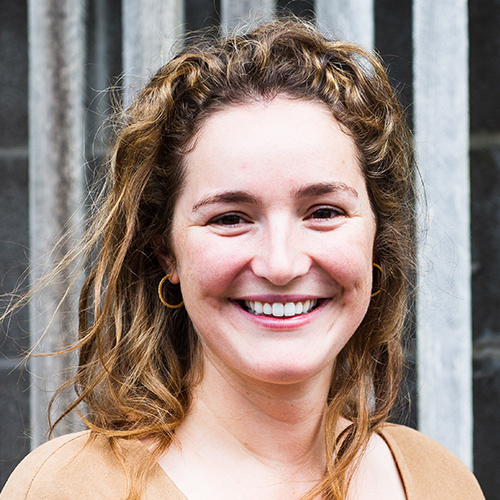How far would you go to save the world?
Would you start taking shorter showers? Eating vegan? Cycling everywhere? In recent years we have seen a renewed interest in ecological protection, whether that be through recycling, eating less meat or reducing our dependency on plastics. Indeed, these are all worthy efforts and they do help a little, but we know they won’t solve things long term. Humans – and the sheer amount of us there are on this planet – are the main problem.
For many years there have been serious academics considering the viability of population control. Suggested solutions have ranged from encouraging people to have fewer children to the actual elimination of certain groups of people. We have seen attempts to introduce forced sterilization (or worse) of groups such as criminals, the poor, the mentally ill and even sometimes entire ethnic groups. We are rightly shocked at such ideas, yet we know that unless we address population growth, nothing we do will ever be enough to stay the inevitable desperate lack of resources that is on its way.
So why don’t we take more drastic steps; do away with a whole continent perhaps? How about starting with those people pumping the most fossil fuels into the atmosphere? For some reason that solution doesn’t sit well with most of us. In fact, instead we fervently pour millions of pounds’ worth of research every year into life-prolonging technologies and treatments. We have an insatiable appetite for it. Why? I don’t think it is mere selfishness. I could understand if you said, ‘It’s not that we want everyone to survive, just ourselves and those we love’. But that wouldn’t explain our grumbly love for the NHS or our eagerness to donate millions to relief funds when disaster strikes somewhere in the world. If we really believed population control was the only way forward, wouldn’t we rather let those less fortunate in life fall by the wayside? After all, their loss would actually be contributing to the continued survival of mankind.
We feel a tension between our desire to preserve life on this planet—and our own individual lives—for as long as possible and our desire to help prolong the lives of others who, by their very existence, contribute to the problem in the first place. Why does this tension exist? I would argue it is because these desires have been hardwired into us. We know somewhere deep in our spirit that life is precious; we don’t want it to end and we don’t want to end it. The ancient sage King Solomon concluded that we think this way because God has ‘planted eternity in the human heart’ [1]. That is, we have these instincts because we were in fact made to live forever. C.S. Lewis, who wrote The Chronicles of Narnia, explained this idea further:
If I find in myself a desire which no experience in this world can satisfy, the most probable explanation is that I was made for another world…I must keep alive in myself the desire for my true country, which I shall not find till after death [2].
Lewis was convinced that human beings don’t have desires for things which don’t exist. If we desire to live forever, it is because that is something which is possible. Lewis was talking about the future world which the Bible describes; not a harps-and-clouds floating existence, but a real tangible world with good food and friends, adventure and travel and interesting things to do.
That’s not to say that God doesn’t care deeply about this planet, which he created perfect and which we have messed up. He does. However, he knows we are not able to fix it or to prolong its existence indefinitely. The response is not for us to try and eke out a pitiful existence for as long as humanly possible, that’s not what he would want for us and it’s not what we instinctively want. We long for more than a mere fingernail-scrabbling survival, we want life in its abundance. And what’s more, God would fully agree with you there.
So what is the solution? He has provided one; a new world, a perfect world, a world which never deteriorates or grows old and in which ‘there will be no more death or sorrow or crying or pain. All these things are gone forever’ [3]. Now how does that sound?
[1] Ecclesiastes 3:11, New Living Translation
[2] C.S. Lewis, Mere Christianity (1952), book III, chapter 10, ‘Hope’
[3] Revelation 21:4, New Living Translation


